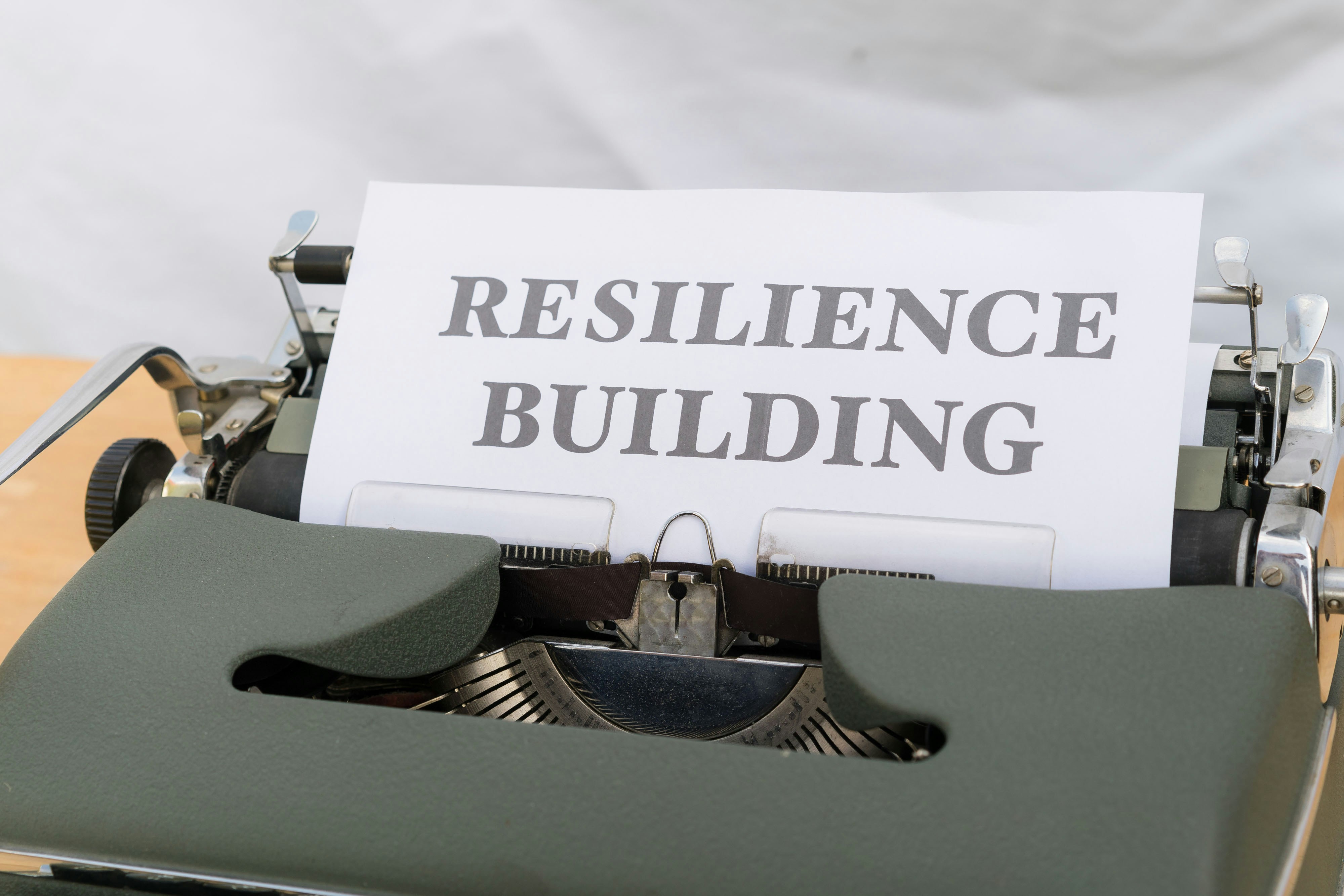Emotional Wealth: Invest in Mental Health for Financial Gains
In today's fast-paced world, the connection between mental health and personal finance is more crucial than ever. Understanding how our emotional well-being can impact our financial decisions not only empowers us but also opens up new avenues for wealth generation. As we delve into the concept of "Emotional Wealth," you'll discover that investing in your mental health can yield significant financial dividends, leading to a more fulfilling and financially stable life.
The Intersection of Mental Health and Money
When it comes to personal finance, most people think about budgets, investments, and savings. However, few recognize the profound influence of mental health on financial decision-making. Stress, anxiety, and depressive thoughts can cloud judgment and hinder our ability to make sound financial choices. The World Health Organization acknowledges mental health as a critical element of overall health, affecting everything from our daily functioning to economic productivity.
When you think about it, your mindset shapes your financial habits. For instance, have you ever noticed how your mood affects your spending? When you're feeling good, you might splurge on that new gadget or dine out more often. On bad days, you might skip necessary expenses or make rash purchasing decisions just to feel better. Understanding this relationship is the first step toward achieving financial stability and success.
Financial Literacy and Emotional Intelligence
Financial literacy is an essential tool for anyone seeking to improve their monetary position. However, emotional intelligence plays an equally pivotal role. High emotional intelligence allows you to recognize your feelings and manage them effectively when making significant financial decisions. For instance, if you’re aware that you're prone to impulse buying when feeling low, you can develop strategies to circumvent this behavior.
Moreover, learning how to articulate your emotions can significantly affect your approach to money. Whether you're negotiating a salary raise or discussing investments with your financial advisor, your ability to express your needs clearly can lead to more favorable outcomes.
Mindful Spending Links to Mental Well-Being
One way to cultivate emotional wealth is through mindful spending, a practice that intertwines your financial habits with your mental well-being. It's about being aware of your spending triggers and aligning your purchases with your core values. For example, if your finances allow, consider investing in experiences rather than material possessions. Research shows that experiences like travel or social outings provide more lasting satisfaction than shopping for material goods.
Explore the deeper aspects of this connection by checking out articles like Mindful Spending: Transform Financial Habits with Emotional Intelligence, where the focus remains on aligning emotional intelligence with financial practices.
Investing in Your Mental Health: Strategies for Financial Freedom
Investing in mental health doesn't solely mean seeking professional help; it can also manifest in various lifestyle adjustments and daily habits that prioritize emotional well-being:
1. Prioritize Self-Care
Self-care isn't just about indulgence; it's a foundational practical approach to sustaining your mental health. Engaging in physical activities, pursuing hobbies, or anything that sparks joy can drastically improve your state of mind. The better you feel physically and emotionally, the better financial decisions you're likely to make.
2. Build a Support Network
Having a supportive circle of friends and family can provide both emotional support and financial insights. Engaging in community activities can enhance your emotional wealth and may lead to opportunities that can protect your financial interests. If you’re interested in how community investment can bring unique financial returns, check out our article on Investing in Your Community: Unlock Unique Financial Returns.
3. Seek Professional Guidance
Financial advisors can help interpret your emotional stance toward money. They can provide you with strategies tailored to your unique situation, ensuring your financial decisions don’t suffer as your mental health fluctuates.
Behavioral finance: Understanding Emotional Patterns
Behavioral finance studies the psychological influences on financial decisions and can shed light on common emotional biases that impact investments:
1. Loss Aversion
Despite potentially lucrative opportunities, the fear of losing money often holds people back. Being aware of this emotional bias helps combat impulsive reactions during financial downturns. Understanding that ups and downs are part of investing can enhance your portfolio and promote long-term stability.
2. Overconfidence Bias
Another fascinating psychological factor is overconfidence, where individuals tend to overestimate their knowledge or ability. This bias can skew investment decisions negatively, leading to high-risk investments without sufficient research or understanding. Acknowledging this tendency can aid in cultivating a more balanced and strategic approach to investing.
Your Values Drive Investment Choices
Your beliefs and values shape your investment choices. For instance, many investors are veering toward ethical and sustainable financing, where they choose to support companies that align with their values. This emotional connection not only brings financial returns but also provides psychological satisfaction of knowing you are making a positive impact.
Consider this concept in the context of ethical investing in AI. You can explore how leading with your values can shape not just your personal finance but your global impact.
Cultivating Resilience Through Education
Continuous learning encourages a strong emotional foundation that fosters resilience. Sign up for workshops, read personal finance books, or listen to financial literacy podcasts. The knowledge gained assists in mastering your emotional responses to finance and can make navigating potentially stressful economic situations much easier.
Practical Steps to Emotional Wealth
-
Reflect Regularly: Journaling about your financial journey—both successes and failures—can provide clarity and insight into your emotional patterns.
-
Set Realistic Goals: Crafting achievable financial goals helps in reducing anxiety associated with complex financial situations. Break goals down into manageable steps, and celebrate small victories.
-
Limit Exposure to Negative Influences: Whether it’s avoiding negative news about the economy or disengaging from toxic relationships, recognize the sources that drain your emotional wealth and take steps to mitigate their influence.
The Role of Financial Forgiveness
Recognizing how past financial failures resonate within you can be liberating. The concept of financial forgiveness—acknowledging errors without letting them shape your future—allows you to move forward. Explore this further with the insightful article, The Art of Financial Forgiveness: Free Yourself from Debt Today.
Final Thoughts: Aligning Your Wealth with Well-Being
As you embark on your personal finance journey, remember that emotional wealth is integral to unlocking financial gains. Cultivating resilience through emotional intelligence, self-care, and supportive networks can dramatically transform your financial landscape.
Investing in your mental health is not merely an additional expense but a necessity for holistic financial well-being. Whether you're looking to build savings, tackle debt, or foster better investment decisions, your journey begins with understanding and prioritizing your emotional wealth.
In today’s complex and often stressful financial environment, let the pursuit of emotional wealth guide your decisions and lay the foundation for a flourishing financial future.















